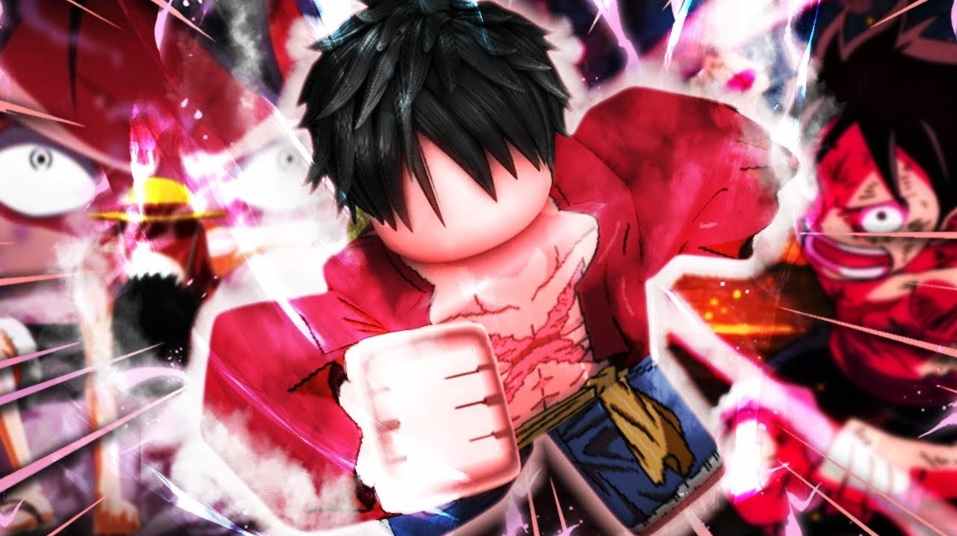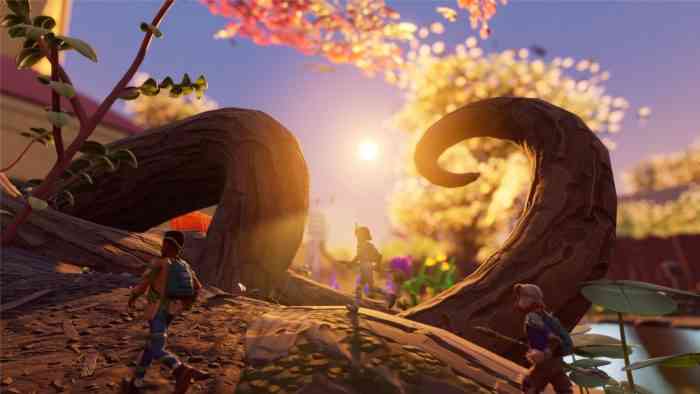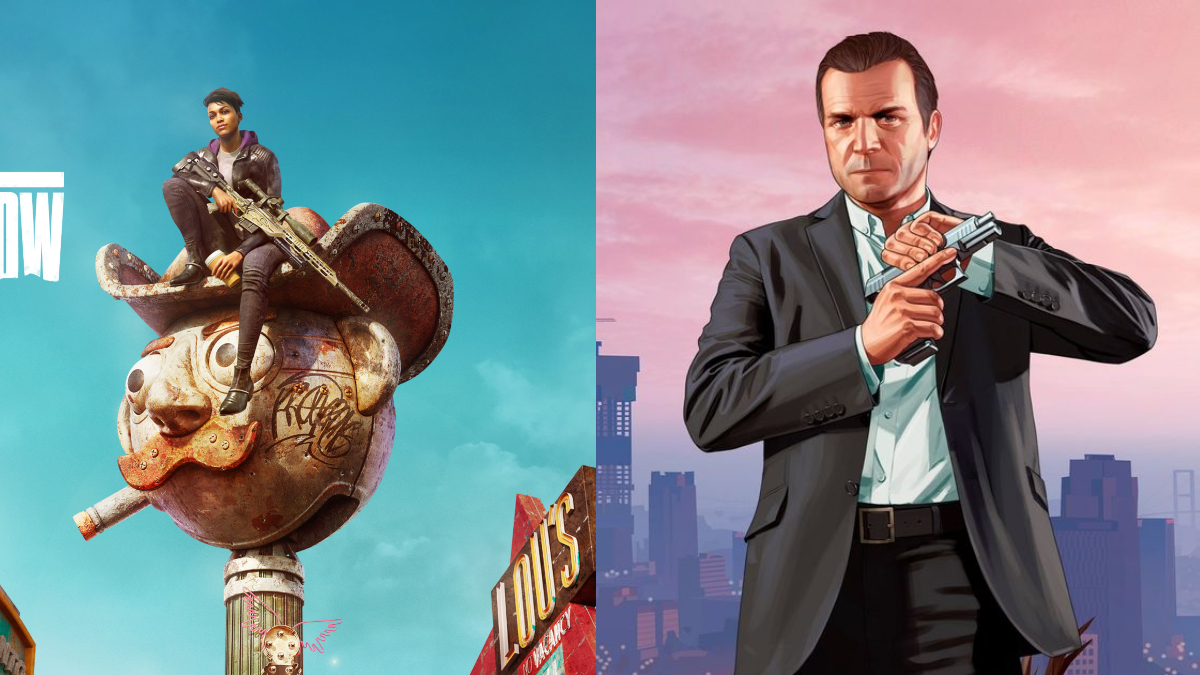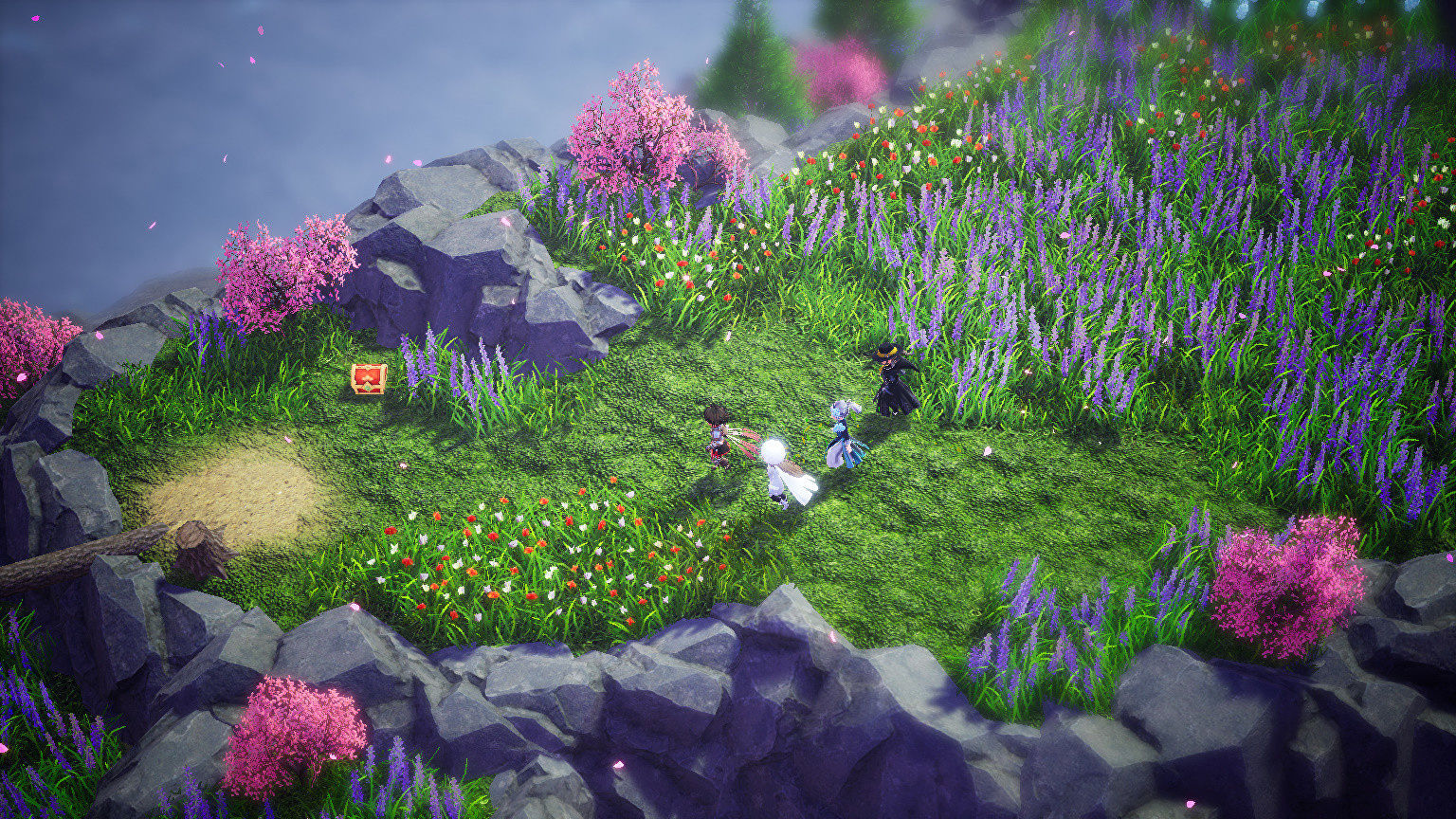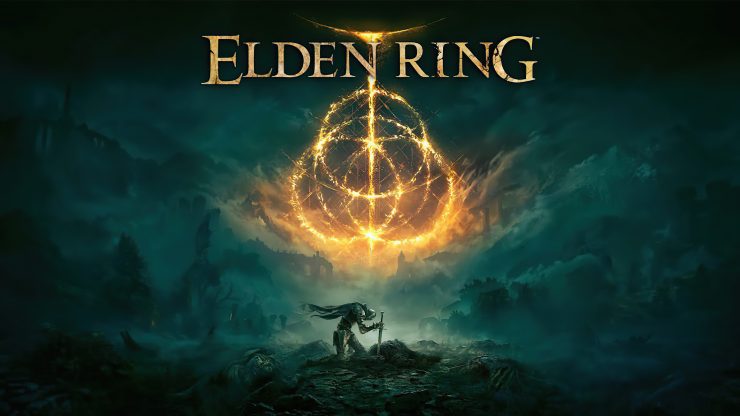
More Smaller Releases Please!
The scope of games is at an all-time high. Developers look to push the boundaries of the medium with larger maps, new mechanics and a ton of content. With such lofty goals, more time is required resulting in longer periods between releases. Due to the high expectations on the shoulders of mammoth publishers, should they shift their efforts to smaller experiences rather than just sprawling epics?
A New Take
It is only natural for games to take longer to develop. The sheer scale of modern titles requires years to achieve the end product, but why not counter this with smaller releases in the interim? This has proven to be popular with titles like Spider-Man: Miles Morales, Like a Dragon: Gaiden and Uncharted: Lost Legacy. All of these expand the universe in meaningful ways and offer a shorter narrative that prepares you for the next big release.
Whereas Spider-Man: Miles Morales sets the scene for the sequel, Lost Legacy told its own story and experimented with gameplay elements which makes it a unique entry in the franchise. While it does tread the fine line between a standalone expansion and DLC, these shorter, self-contained games offer developers the chance to develop ideas and offer new insight into much-loved characters.
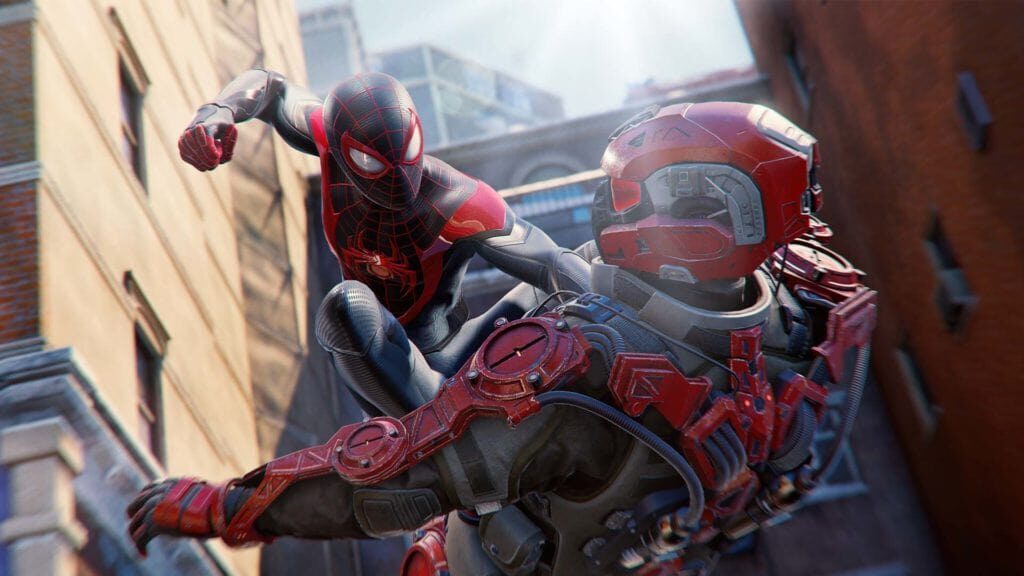
Surely these make business sense too? Using an existing engine to offer a new experience would reduce the time required to create the product. While Rockstar has been relying on the astounding success of Grand Theft Auto 5’s online component, their other offerings have been lackluster. Rather than focus on re-releases, a new tale in the world of Red Dead Redemption would have made millions and would appease fans who have become frustrated by the lack of content from Sam Houser’s establishment.
We Need Time
Sony has been creating masterpieces with almost every release, however, these are few and far between. Would it not make sense to delve into smaller releases? To support the increasingly longer production periods, why not get smaller teams to work on other alternate releases? While there’s an argument that this could result in lower-quality products, each team that has given this a go has created memorable titles. Far Cry’s Blood Dragon added character to a franchise that was stuck in a formula, Dead Rising 2: Case West brought back a fan favorite and Alan Wake’s American Nightmare expanded the lore of the world. While these games didn’t alter the landscape of the industry, they were brilliant stop-gap releases that kept the franchise relevant.
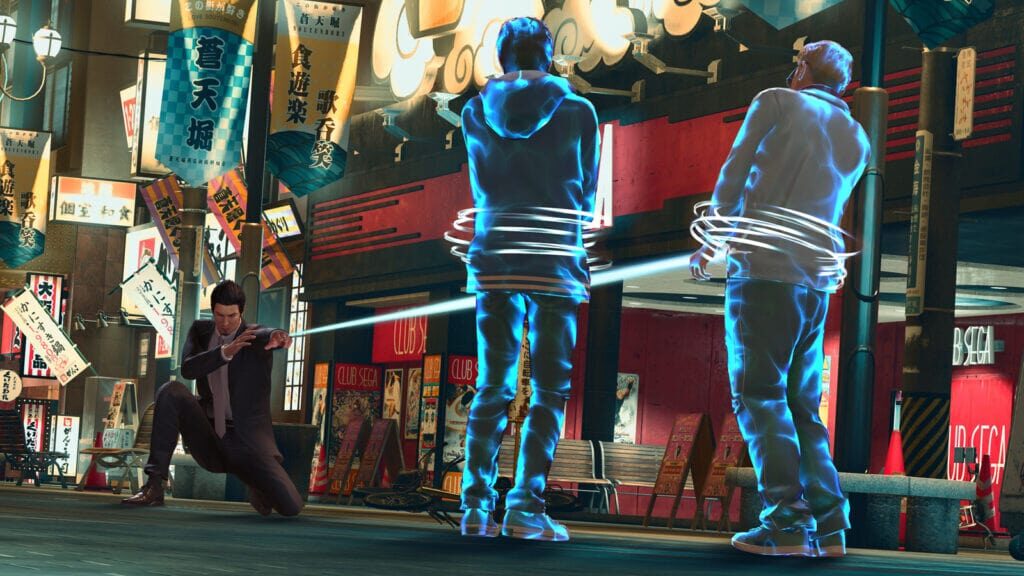
There are so many games to play and not enough time to do so. That’s why I welcome smaller titles. Sometimes it can be daunting when you hear about the number of hours it can take to complete a game so having a shorter runtime but with high production values is appealing. Ubisoft for example stripped away the fat off the Assassin’s Creed games to release their best title in years. Valhalla and Odyssey were too long and packed with filler missions and moments of grind. Mirage, although not perfect, captures the notion of being in a bustling city and taking out a target. The smaller map, refined tale and smaller runtime breathed new life into a tired franchise.
Where Now?
If more developers and publishers adopt this model, there are endless possibilities. I’m sure Santa Monica is already working on their next masterpiece but going off their last few releases, we can assume that we won’t be playing it until 2026! In the interim, wouldn’t a short story with Angrboda as the leading character be an incredible appetizer for what’s to come in the third entry of the Norse story? Naughty Dog’s expansion of The Last of Us with Left Behind was an incredible and memorable tale that showcased new aspects of the character. If more companies opt to focus on standalone expansions then we get more bite-sized experiences that will fill the void between blockbuster releases.
